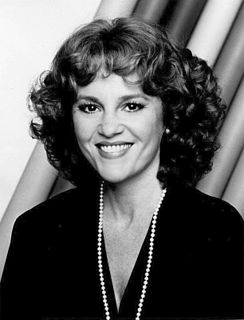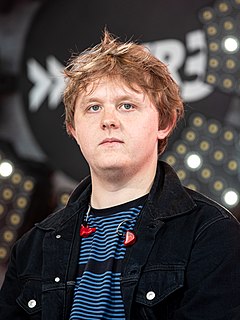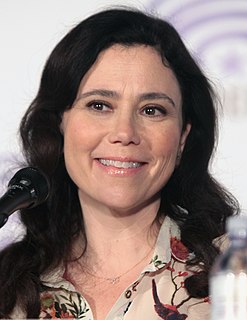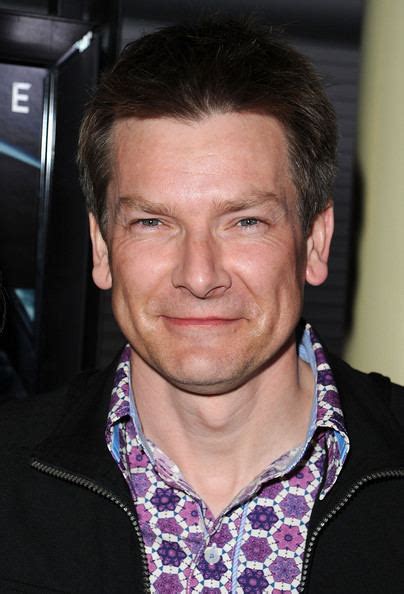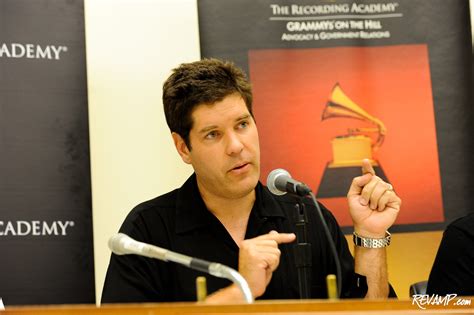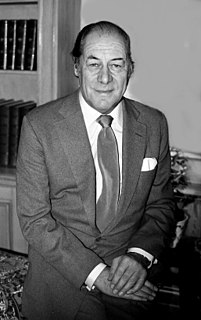Цитата Хилари Хан
Зрители найдут исполнителя, соответствующего их интересам. Если вы не будете верны себе, ваша аудитория не сможет вас найти, потому что между тем, кто вы есть, и тем, кого они видят, есть стена.
Связанные цитаты
Есть одна вещь о телевидении, которую я действительно считаю правдой. Если вы найдете подходящих актеров и подходящих сценаристов, и у вас возникнет какая-то химия, даже если сериалу требуется некоторое время, чтобы найти аудиторию, если вы удержите его там, эта аудитория найдет его. Потому что именно это произошло с «Cheers».
Я не люблю быть своей собственной аудиторией, я нахожу, что быть моей собственной аудиторией, быть в аудитории, в основном, делает меня застенчивым. Поэтому я иногда включаю звук с выключенным звуком, чтобы проверить его, и я поддерживаю его. В будущем посмотрю на него, когда пройдет какое-то время.
Развлекайтесь, развлекайтесь своей работой, заставляйте себя смеяться и плакать своими историями, заставляйте себя дрожать в напряжении вместе со своими персонажами. Если вы сможете это сделать, то, скорее всего, вы найдете большую аудиторию; но даже если большая аудитория так и не будет найдена, у вас будет счастливая жизнь.
Я думаю, исторически всегда были новые способы найти художника. От встречи с кем-то в клубе до знакомства с ним на YouTube — все всегда меняется. Но верно старое правило: уникален ли художник? Они талантливы? И могут ли они общаться? Могут ли они на самом деле привлечь аудиторию и удержать ее внимание?
Что мне кажется интересным, так это эффект рикошета, когда публика воспринимает произведение, а затем что-то с ним делает, отбрасывает его обратно в мир, и происходит постоянное взаимодействие между произведением и зрителем, которое больше не принадлежит художнику — от в тот момент, когда вы его отпускаете, оно никому не принадлежит.
Когда кто-то говорит «это резонирует со мной», он имеет в виду «я согласен с вами» или «я согласен с вами». Как только ваши идеи найдут отклик у аудитории, они изменятся. Но единственный способ достичь истинного резонанса — это понять тех, с кем вы пытаетесь войти в резонанс. Вам нужно потратить время на размышления о своей аудитории. Что их объединяет, что их вдохновляет? Подумайте о своей аудитории и о том, что у них на уме, прежде чем вы начнете строить свою презентацию. Это поможет вам определить убеждения и поведение вашей аудитории, с которыми вы можете связаться. Резонировать с.
Игра — это плохая игра, если сам актер становится эмоциональным, заставляя аудиторию плакать. Цель состоит в том, чтобы заставить зрителей плакать, но не плакать самому. Эмоции должны быть внутри актера, а не снаружи. Если вы будете стоять там, плача и причитая, все ваши эмоции улягутся по вашей рубашке, и ничего не дойдет до вашей аудитории. Контроль аудитории действительно зависит от актера.


